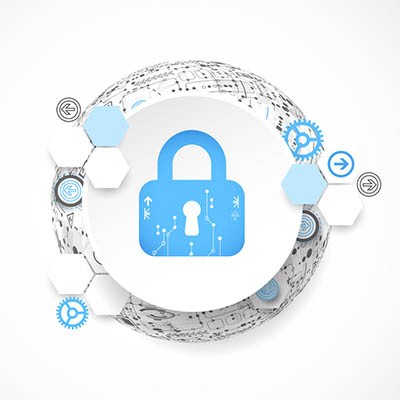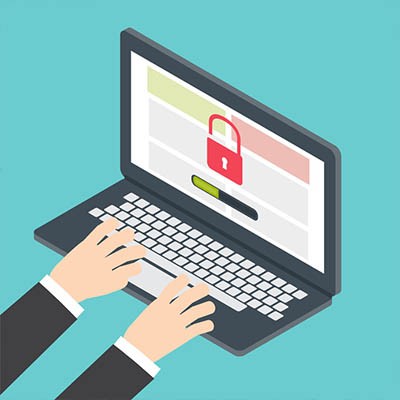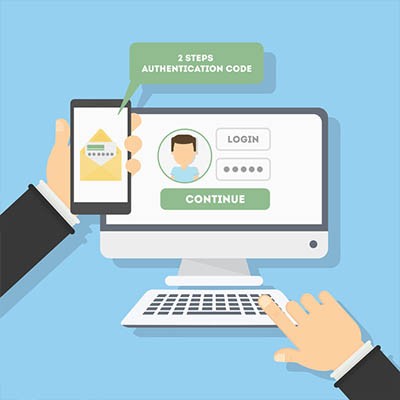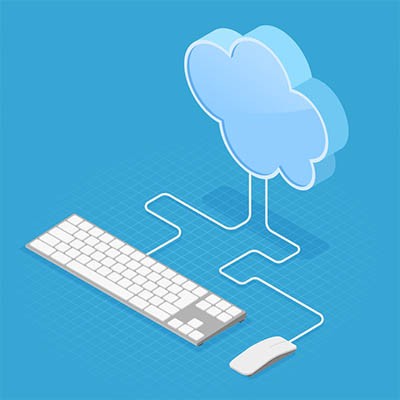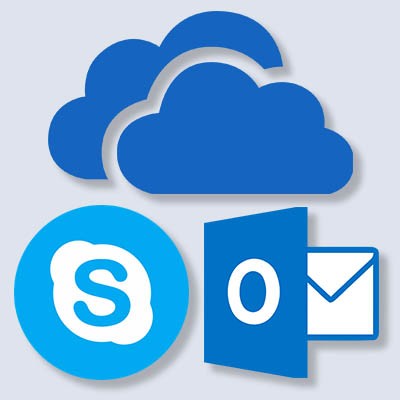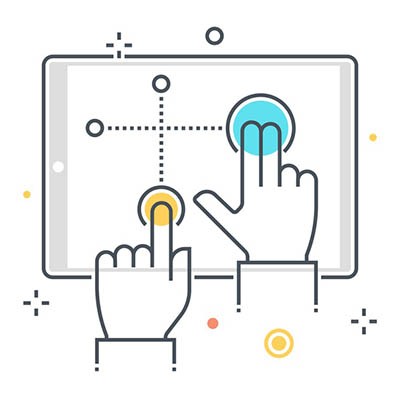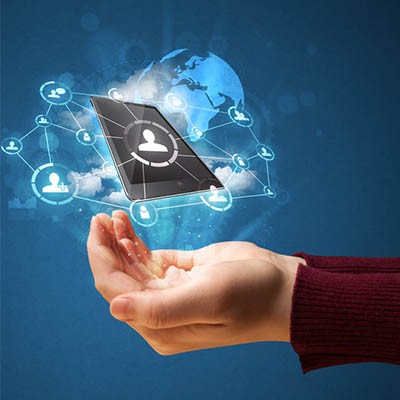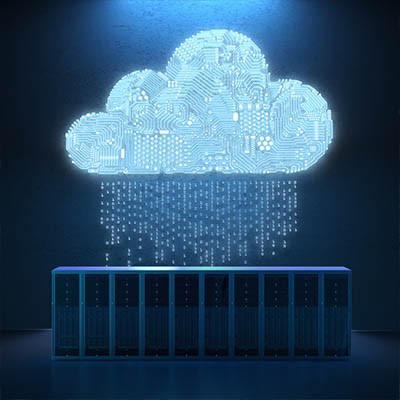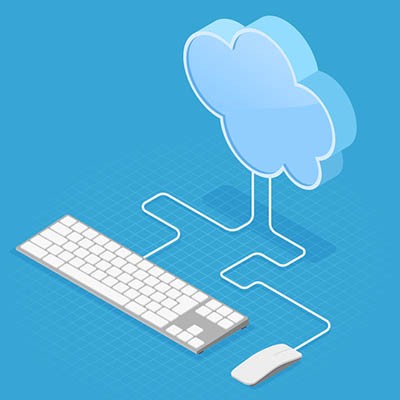JS Business Solutions Blog
The basics are called “the basics” because they are the information you need to know first before you can get a genuine understanding of any concept. In many ways, the basics of network security are extremely important and cannot be ignored. Here are five basic ways you can keep your devices as secure as possible.
One of the best things about computers is that there is always a new way to make something easier: automation decreases a workload, their processors can calculate much faster than the human brain can, collaboration with coworkers becomes almost effortless, and your web browser can even remember your passwords! However, you have to ask yourself: is the ability to save your passwords in your browser really a great idea?
Hackers and other security threats are everyday problems for users all over the world. We’re not even talking about just simple phishing emails--you’d be surprised by how many victims are from straight-up hacking attacks. The security sector has been forced to adapt, growing at an astronomical rate. To help your organization get up to speed on the latest threats and hacks, we’ve put together a list of the first half of 2018’s most notorious breaches and statistics related to them.
Authentication is something that even the everyday user of a computer might encounter in different ways. Take, for example, identity authentication. You can use a driver’s license, library card, or even a PIN number. Computers use authentication as a part of their main primary functionality, and it mostly comes in the form of passwords and usernames. We’ll take a closer look into what authentication is and what it does.
As headlines shout about Hurricane Florence approaching the East Coast later this week, with Helene and Isaac also stirring in the Atlantic Ocean, it seems as good a time as any to discuss preparing your business for hurricane season; and, really any adverse weather effects that could negatively influence your business. Preparing your business for events like these is key to its survival, making it crucial that you know what your responsibilities are when awaiting a potentially devastating event such as a hurricane.
The cloud has taken over the business environment, and every business that takes advantage of it needs to consider several factors to ensure that they purchase the right one for their specific needs. Here are three common talking points for businesses to consider when investing in a cloud-based solution.
Billboards have been around in one form or another for millennia, starting with the humble handbill in 1450, or under a looser definition, with carved inscriptions on ancient Egyptian monuments. Today, technology allows us to leverage billboards and other forms of signage in new ways. Below, we’ll examine how these technological changes can benefit the small-to-medium-sized business’ use of this marketing medium.
Human beings are tactile animals, from the very beginning of our lives, we learn and interact through touch in a major way. This may explain why touchscreens exploded in popularity so quickly once the necessary technology was finessed. However, are we trying to put touchscreens in places where they don’t make sense? Do we really need a touchscreen on our computer?
With smartphones being so well suited to productivity and on-the-go organization, it’s little wonder that they have become a great tool for note-taking. One application in particular, Evernote, was designed with many features focused toward this very task. For this week’s tip, we’ll review some of the reasons that Evernote is a stand-out note-taking tool.
You’d be hard-pressed to find a better productivity device than a smartphone, but the fact remains that while it’s a great tool to get more work done, its nature as a communication device makes it a prime target for wasting time. We’ll discuss some of the best ways your organization can take advantage of mobile technology while still remaining as productive as possible with it.
Believe it or not, the Internet we rely on so much is only accessible by half of the world today. It can be hard to grasp, considering the effectively-constant access that we have, but more than three and a half billion people in the world lack the means to access any of it. However, Google started to change that years ago, when it created an R&D facility known as Google X.
If someone has spent any time around a computer, they will have (at least anecdotally) become familiar with the dreaded BSoD - the Blue Screen of Death. This fatal error has been the cause of much lost productivity and expensive support calls over the years, but despite its notoriety, not many know why it happens at all. That’s precisely what we’ll cover below, along with a few ways to diagnose the root problem.
The facts are that data is lost, data is stolen, and you have no idea where it has gone. You may come to find out where subsequently, but many times, personal information isn’t much like a cat: once it goes away, you’ll likely never see it again. Today, we will look at the seedy underbelly of the Internet in search of our lost and stolen personally identifiable information.
Every IT infrastructure needs a server to ensure that information is spread properly throughout the network. However, while servers were once tied to the business’ location, now they are also able to be virtualized in a cloud solution. This brings forth the question: which is better for your business’ needs? Let’s determine that by comparing and contrasting these two server options.
The cloud has transformed the way people work; and, as a result people rely on it for more than ever. Some businesses have all their computing resources in the cloud, while many others utilize it for software as a service, communication tools, and other major parts of their business’ IT. The more businesses start relying on cloud-hosted computing resources, the more these cloud resources are being wasted. Since they come at a premium price, businesses are beginning to discover that they are wasting money on their cloud.
Now that the European Union’s General Data Protection Regulation (GDPR)--the most comprehensive individual data protection law in history--has gone into effect, it is important to know where your business stands in regard to your potential liability. One technology that has a rather lot of ambiguity surrounding it is blockchain, which is essentially an encrypted and distributed digital ledger. How is the development of blockchain, which is built on the idea of security through transparency, going to fare under the guidelines of the new GDPR regulations?


